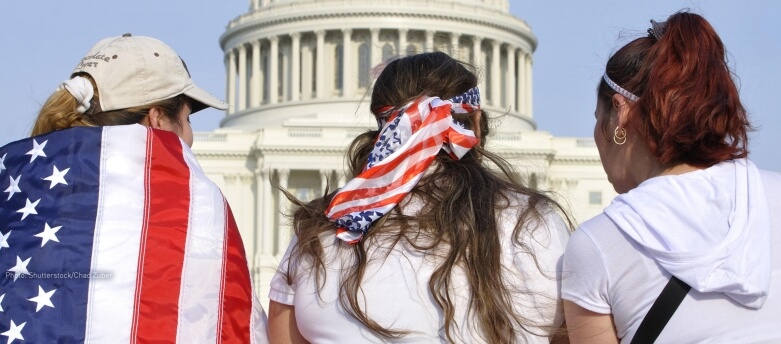SCOTUS on Deportation: A Non-Decision with Teeth
Page Media

Today the Supreme Court announced that it was deadlocked four to four on United States v. Texas. The one-line non-decision leaves unanswered the central question about the president’s authority to set policy guidelines for the exercise of prosecutorial discretion in the deportation system. But it is a non-decision with a profound impact. Millions of American families whose lives and dreams hinged on the Supreme Court’s decision will keep waiting and fighting.
Those families joined lawyers and lawmakers on all sides of the issue in watching for the dénouement of an epic legal battle. The Court was to have answered questions relating to the practical realities that our government and our society confront when Congress has failed to enact sensible statutory reform to address the fact that millions of undocumented immigrants live in the United States, have children and spouses who are U.S. citizens, work and pay taxes, and otherwise contribute to American communities: Can the president set general guidelines for deferred action, the exercise of discretion to refrain temporarily from deporting an individual? And when deferred action has been granted, can federal immigration officials exercise their statutory authority to grant employment authorization, so that those individuals can continue to support themselves and their families without the dangers (to individuals and our labor markets) inherent in a shadow economy? According to the consistent practice of the executive branch, across administrations both Republican and Democratic, the answer to both questions has been yes. And Congress has repeatedly reaffirmed and acquiesced in that consistent executive branch practice.
These powers have traditionally and structurally been in the hands of the federal executive branch. But for now, based on a lawsuit by twenty-six states, the president’s exercise of this longstanding deferred action authority has been stopped in its tracks. The decision of a single district judge, affirmed by two judges on the Fifth Circuit (over the dissents of two other Fifth Circuit judges in two separate appeals), will remain in place, leaving in limbo millions of parents of U.S. citizens and lawful permanent residents who met the eligibility requirements to apply for deferred action and work authorization under the president’s guidance.
One thing is for sure. Today’s one-line non-decision is not the last word. Whether the Justice Department files a petition for rehearing in the Supreme Court – and it should – the litigation will continue, beyond the preliminary injunction stage of this case and perhaps wending its way back up to the Supreme Court. And millions of American families will continue the fight.
Cecillia Wang is Director of the ACLU Immigrants’ Rights Project.
Source: SCOTUSblog
